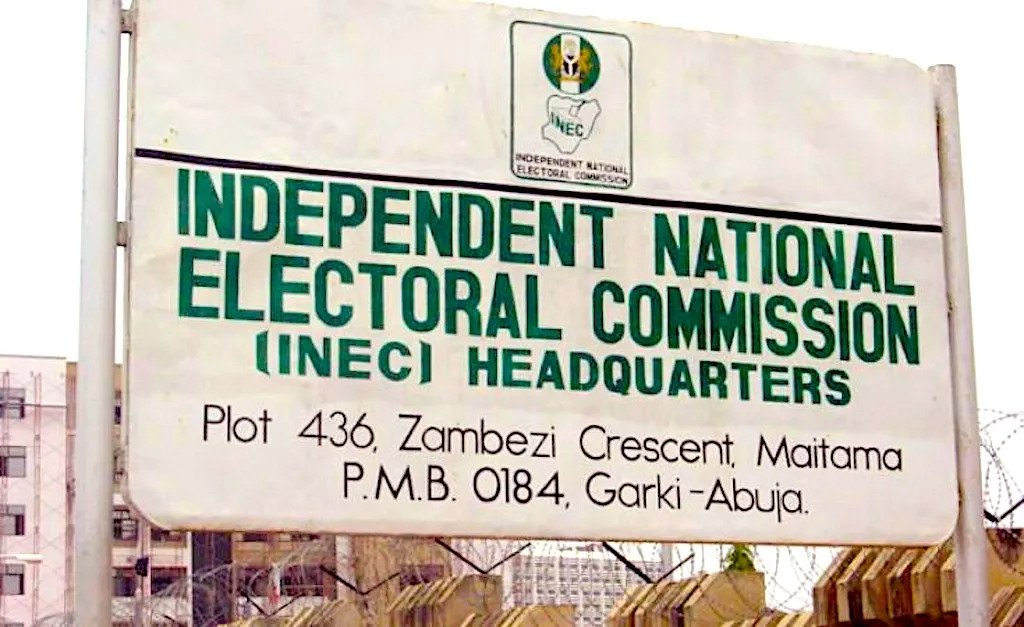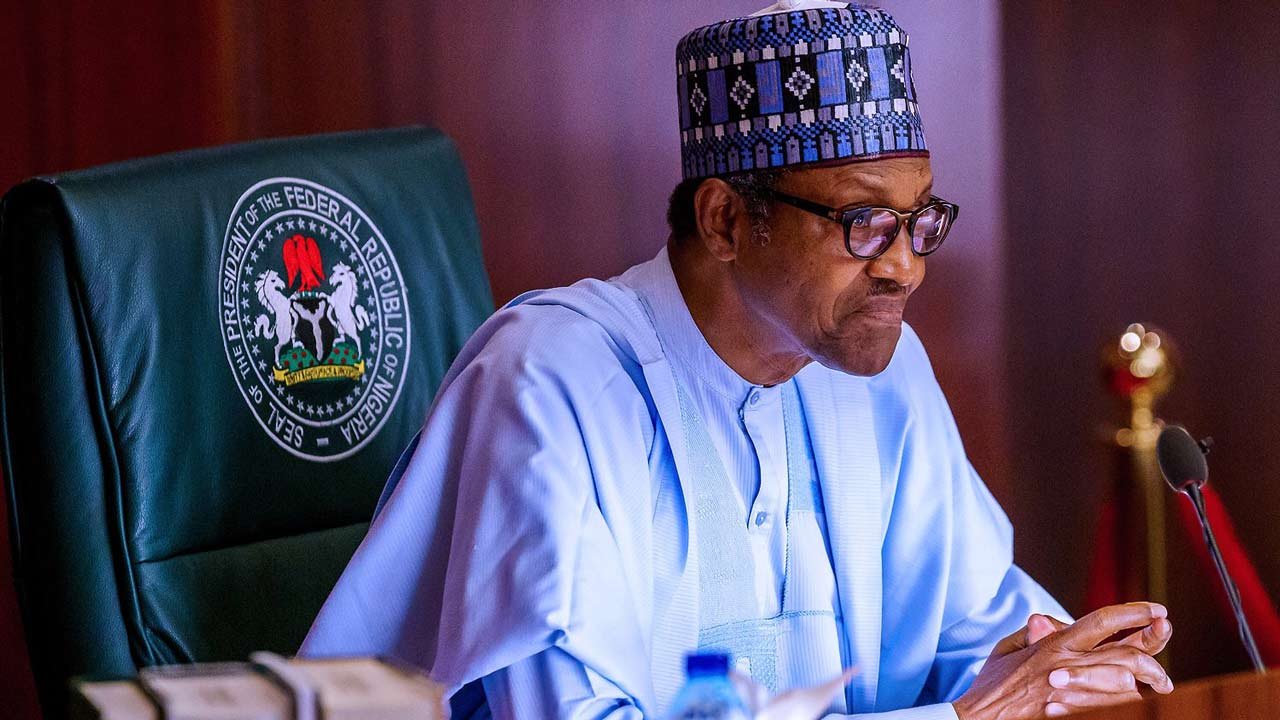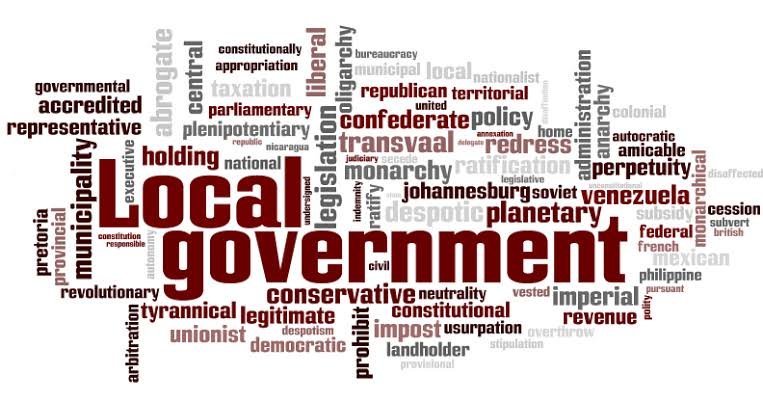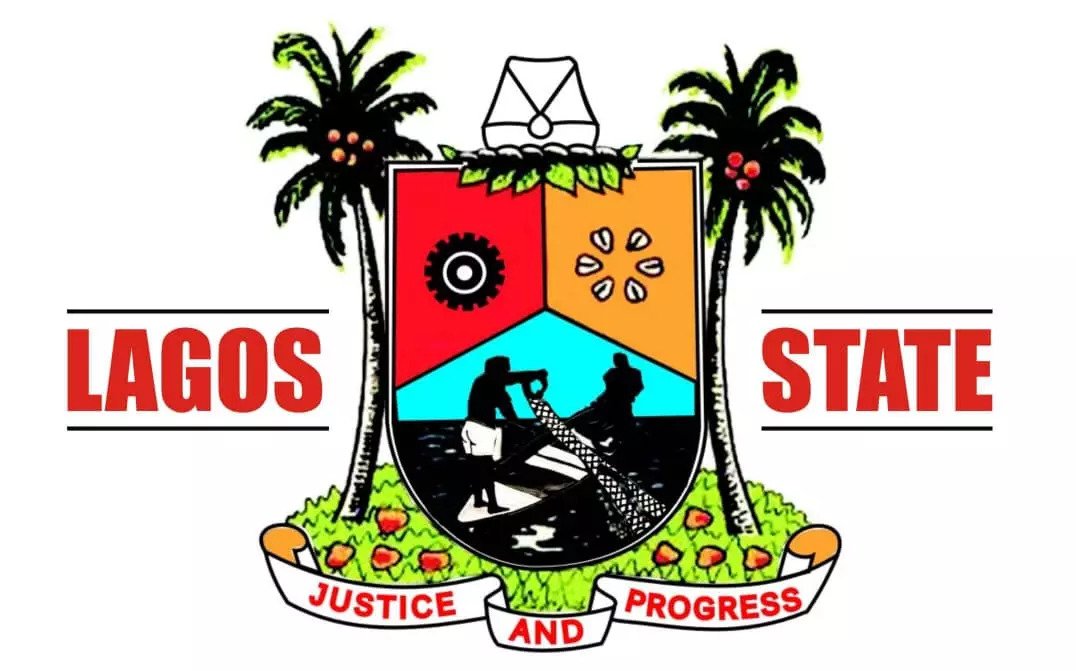Ranking the Incompetence: Top 5 Worst Governors in Nigeria

Nigeria, like most countries, is governed by elected officials who are expected to lead with competence, integrity, and accountability.
However, the reality on the ground often falls short of these expectations, especially when it comes to governance at the state level.
In recent years, some state governors in Nigeria have been accused of incompetence, corruption, and mismanagement of public resources.
This has led to poor service delivery, deteriorating infrastructure, and a general decline in the quality of life for citizens.
Top 5 Worst Governors in Nigeria
In this article, we will be ranking the top 5 worst governors in Nigeria based on their performance in office.
From massive debts to abandoned projects, we will take a closer look at the actions and inactions of these governors and how they have impacted the lives of their constituents.
So, buckle up and get ready to delve into the world of Nigerian politics as we unveil the top 5 worst governors in the country.
Criteria for ranking the worst governors in Nigeria
Before we delve into the ranking, it is important to establish the criteria we used. We ranked the governors based on their performance in the following areas:
– Infrastructural development
– Education
– Health
– Security
– Transparency and accountability
– Debt profile
We also considered the governor’s overall impact on the state and its people.
Worst Governors in Nigeria
5: Governor Yahaya Bello of Kogi State
Yahaya Bello became the governor of Kogi State in 2016. Since then, his administration has been plagued by allegations of corruption, mismanagement of public resources, and poor governance.
One of the major issues plaguing Kogi State under Bello’s leadership is unpaid salaries.
Civil servants in the state have gone months without receiving their salaries, leading to protests and strikes.
Bello’s administration has also been accused of neglecting infrastructure development in the state.
Many roads in the state are in a deplorable condition, and there has been little progress in terms of constructing new roads or rehabilitating existing ones.
The health sector in Kogi State is also in a sorry state. Several hospitals in the state lack basic facilities, and there is a shortage of medical personnel. The education sector has also suffered under Bello’s leadership, with many schools lacking basic facilities and resources.
4: Governor Abdullahi Ganduje of Kano State
Abdullahi Ganduje became the governor of Kano State in 2015.
His administration has been plagued by allegations of corruption, with videos of him receiving bribes from contractors making rounds on social media.
Despite the allegations, he has refused to step down or face impeachment proceedings.
Ganduje’s administration has also been accused of neglecting infrastructure development in the state.
Many roads in the state are in a deplorable condition, and there has been little progress in terms of constructing new roads or rehabilitating existing ones.
The health sector in Kano State is also in a sorry state. Several hospitals in the state lack basic facilities, and there is a shortage of medical personnel.
Education sector has also suffered under Ganduje’s leadership, with many schools lacking basic facilities and resources.
3: Governor Rochas Okorocha of Imo State
Rochas Okorocha became the governor of Imo State in 2011. His administration has been characterized by allegations of corruption, mismanagement of public resources, and poor governance.
Okorocha’s administration has been accused of abandoning several projects, including the Imo State International Cargo Airport and the Imo State University Teaching Hospital.
Under Okorocha’s leadership, the health sector in Imo State has suffered greatly.
Several hospitals in the state lack basic facilities, and there is a shortage of medical personnel.
The education sector has also suffered under Okorocha’s leadership, with many schools lacking basic facilities and resources.
Imo State’s debt profile has also risen significantly under his administration.
2: Governor Nasir El-Rufai of Kaduna State
Nasir El-Rufai became the governor of Kaduna State in 2015.
His administration has been plagued by allegations of human rights abuses, including the demolition of houses belonging to poor residents in the state.
El-Rufai’s administration has also been accused of neglecting infrastructure development in the state.
Health sector in Kaduna State is in a sorry state, with several hospitals lacking basic facilities and a shortage of medical personnel.
The education sector has also suffered under El-Rufai’s leadership, with many schools lacking basic facilities and resources.
Kadna State’s debt profile has also risen significantly under his administration.
1: Governor Godwin Obaseki of Edo State
Godwin Obaseki became the governor of Edo State in 2016.
His administration has been plagued by allegations of mismanagement of public resources, poor governance, and a lack of transparency and accountability.
Under Obaseki’s leadership, several projects initiated by his predecessor, Adams Oshiomhole, have been abandoned.
The health sector in Edo State is in a sorry state, with several hospitals lacking basic facilities and a shortage of medical personnel.
Education sector has also suffered under Obaseki’s leadership, with many schools lacking basic facilities and resources.
Edo State’s debt profile has also risen significantly under his administration.
‘Dishonourable’ Mentions
While we have ranked the top 5 worst governors in Nigeria, it is important to mention other governors who have also performed poorly. These include:
– Governor Abdulaziz Yari of Zamfara State
– Governor Abiola Ajimobi of Oyo State
– Governor Akinwunmi Ambode of Lagos State
– Governor Rauf Aregbesola of Osun State
– Governor Ayodele Fayose of Ekiti State
Impact of bad governance on Nigeria
The impact of bad governance on Nigeria cannot be overstated.
Poor governance has led to a lack of basic services, deteriorating infrastructure, and a general decline in the quality of life for citizens.
Corruption has also become rampant, with public officials embezzling public funds meant for development projects.
This has led to a vicious cycle of underdevelopment and poverty.
Conclusion
In conclusion, Nigeria deserves better governance than what it is currently experiencing. The top 5 worst governors in Nigeria have failed to deliver on their mandate of providing basic services and infrastructure to their constituents.
Instead, they have mismanaged public resources and enriched themselves at the expense of the people they were elected to serve. It is important for Nigerians to hold their leaders accountable and demand transparency and accountability in governance. Only then can Nigeria begin to experience the development and progress it deserves.
Article updated 3 months ago ago. Content is written and modified by multiple authors.









